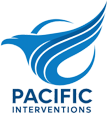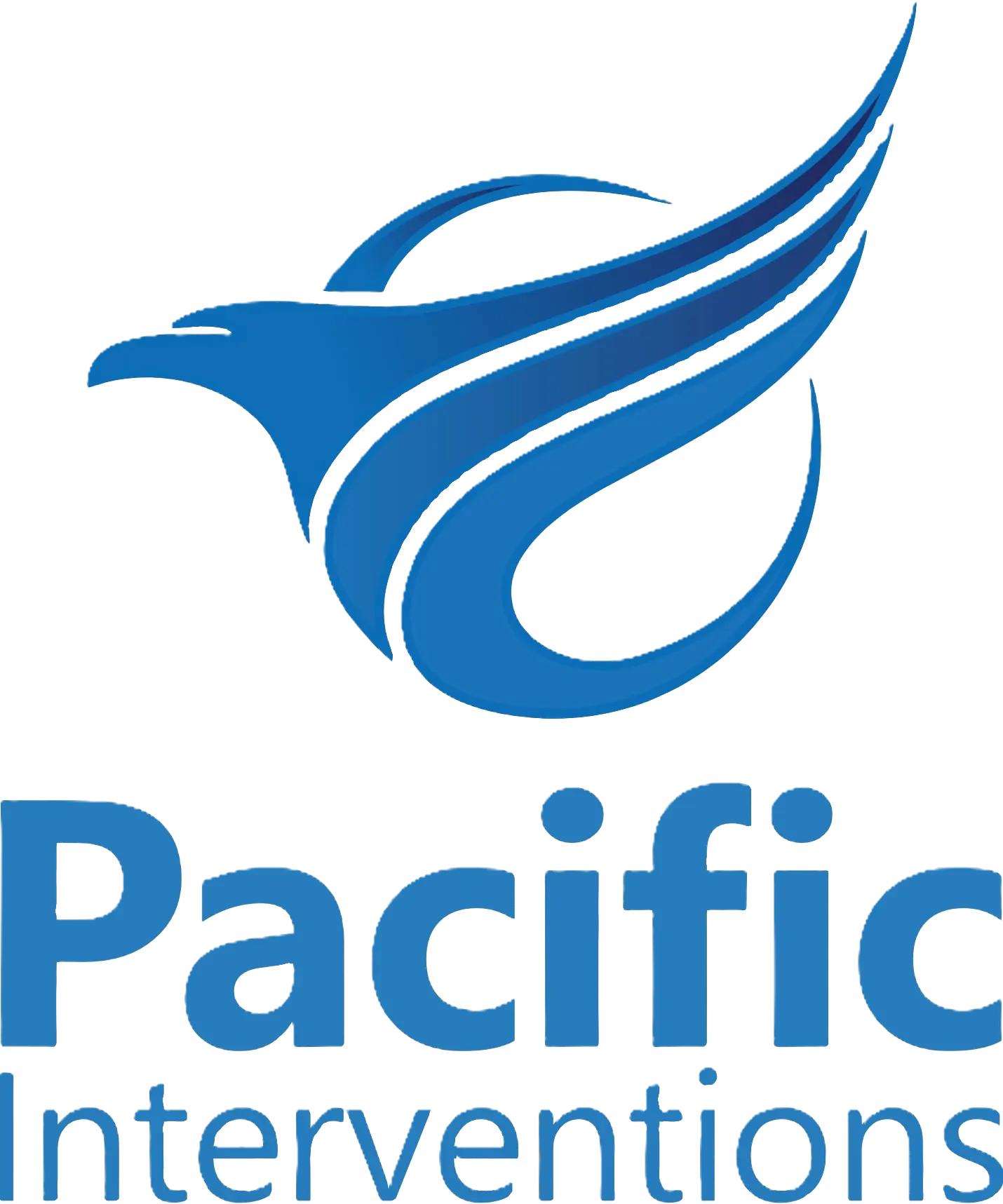Medical detoxification is a crucial initial step in drug or alcohol addiction recovery. Because alcohol withdrawal is lethal when intense, medical alcohol detox is essential. Medical drug detox is recommended for those with physical and psychological symptoms of substance addiction.
This blog aims to explore medical detox, its process, and common symptoms of drug withdrawal. Pacific Interventions is here to help you manage the medical detox easily and get rid of the symptoms of withdrawal as comfortably as possible with a medication-assisted treatment strategy.
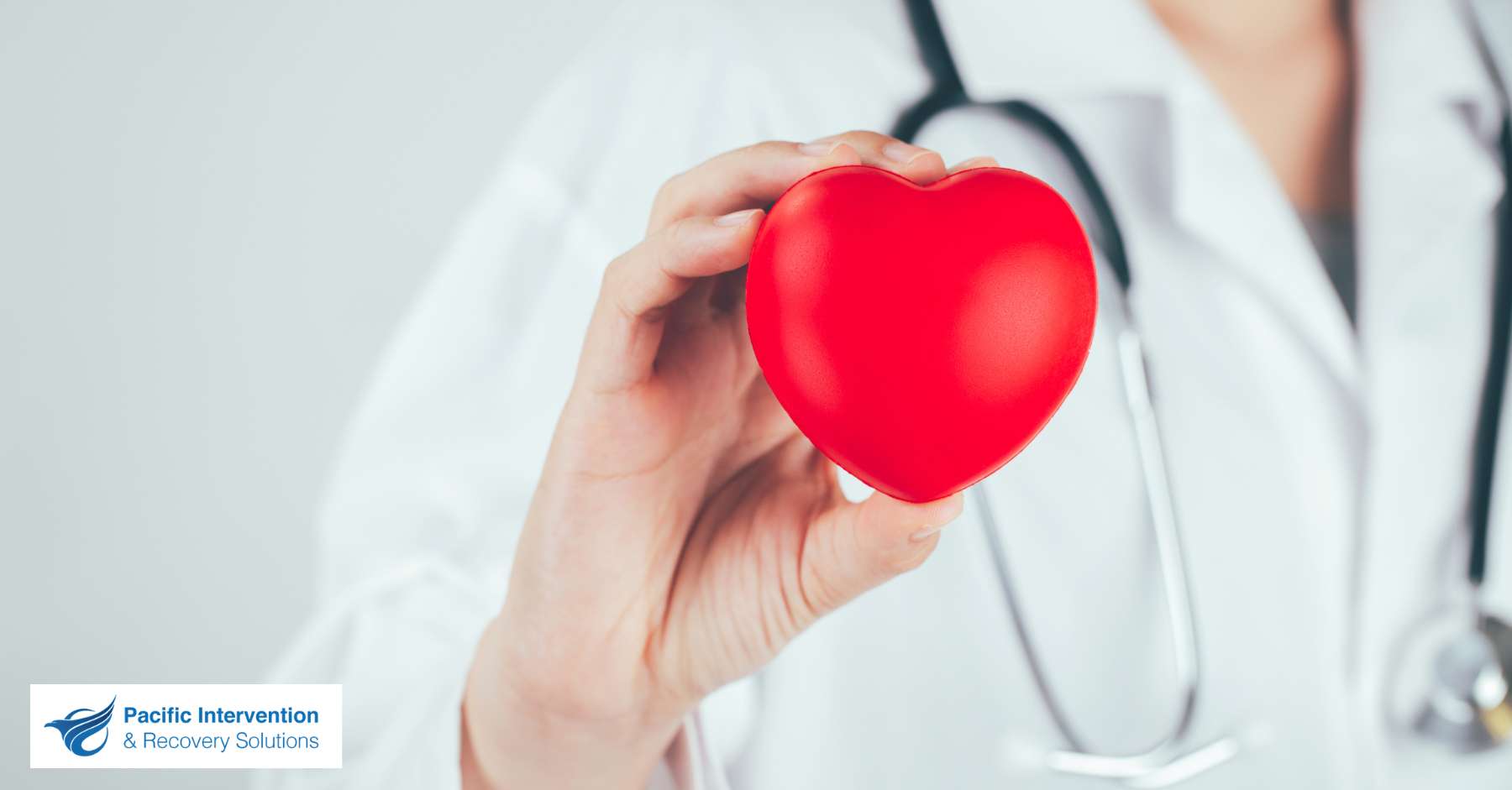
What Is Medical Detox?
Medical detox is the process of removing toxic, addictive substances from the body under the supervision of a certified medical professional. A physician manages these professionals, who often include nurses, clinical staff, and support workers.
For most individuals pursuing inpatient detox programs or residential drug and alcohol treatment, medical detoxification is the most critical issue and happens at the beginning of therapy. While medical detox cannot treat addiction, those who finish medically supervised detox are more likely to remain in treatment longer and have longer stretches of sobriety.
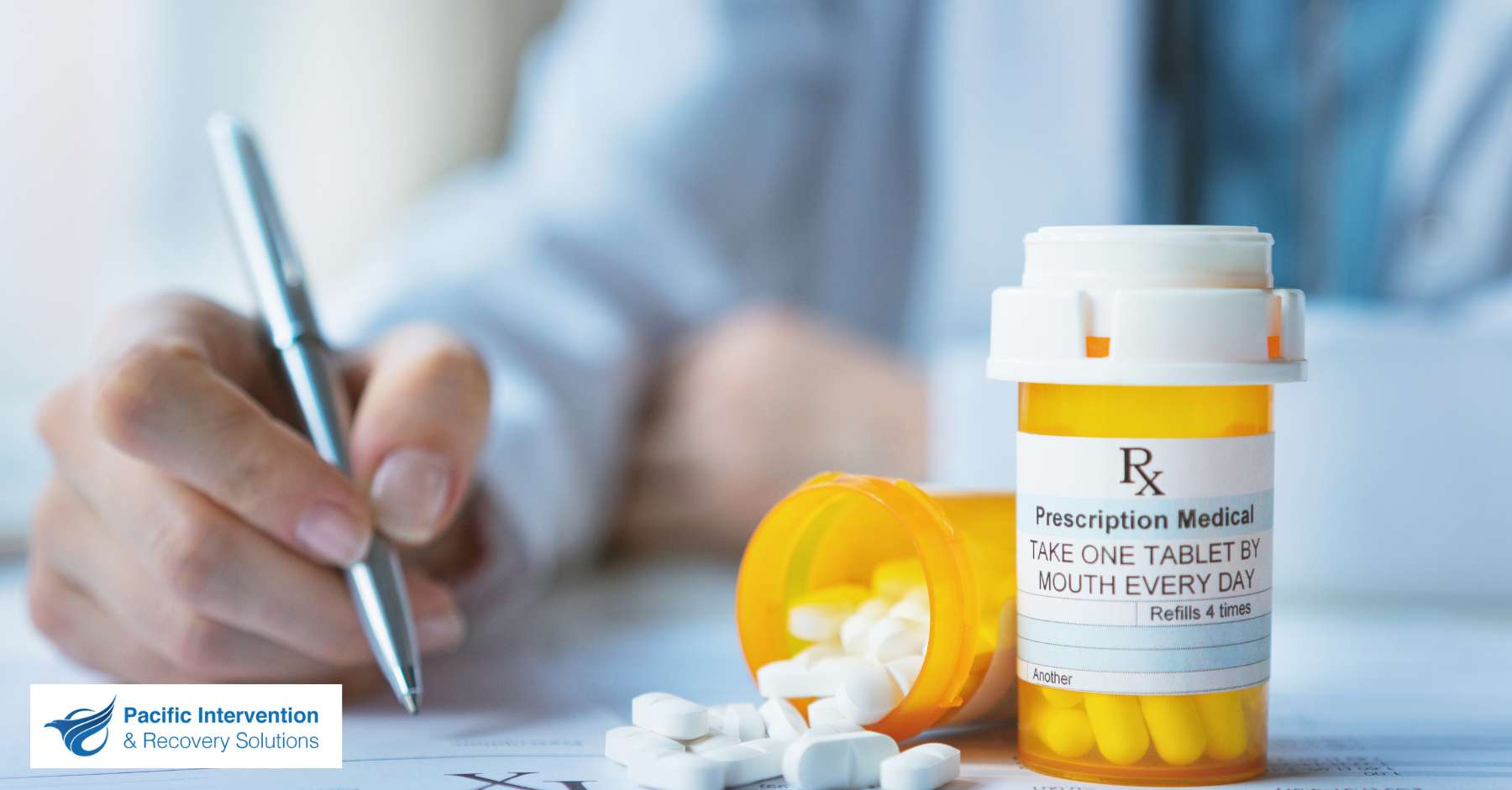
The Detox Process
Medical detoxification usually involves a process with several stages. These stages typically include:
- Medical Evaluation: The initial step in a medically assisted detox is a comprehensive medical evaluation to create a clear picture of an individual’s needs. During this evaluation, an expert will collect information on a patient’s medical background and details about their addiction and utilize this to develop a customized detox plan.
- Withdrawal: When the amount of drugs in an individual’s system is slowly decreased, they’ll usually start to experience withdrawal symptoms. Drug withdrawal symptoms and alcohol withdrawal symptoms can be very similar, so many people undergoing detox may have similar symptoms.
- Medication: To help patients deal with withdrawal, they may be provided with suitably controlled medication as a component of the detox process. No medication inhibits all withdrawal symptoms, but some types of medication can help alleviate anxiety and depression, allow for enough sleep, and prevent as many other problems as possible.
- Consistent support: Supportive, kind care is just as critical as medication in achieving successful detox and the best possible results for patients. Hence, each person undergoing detox can expect to be thoughtfully and carefully supervised for the duration of the withdrawal process.
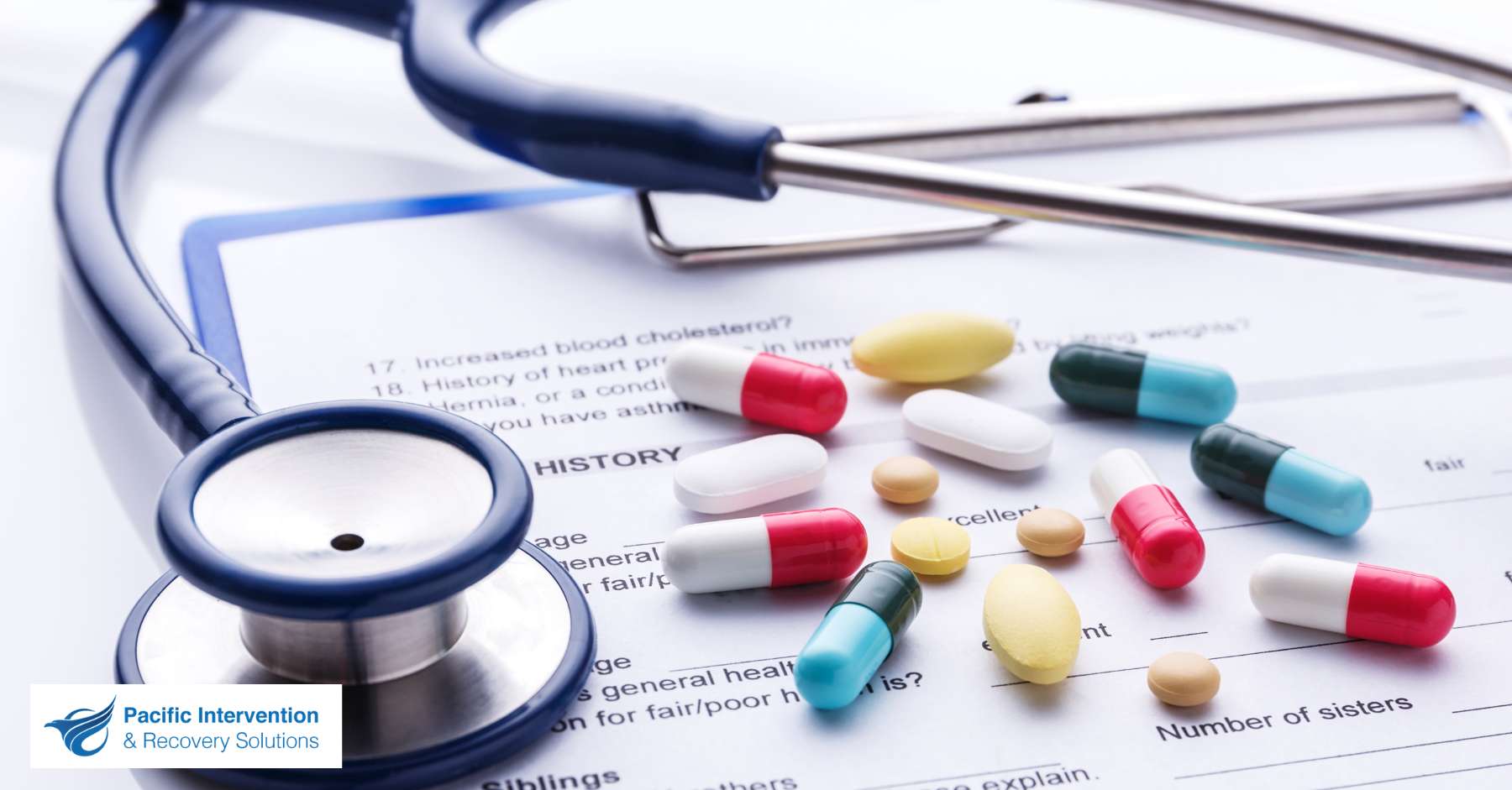
Medications Used During Detox
Medications can help with some of the cravings and severe symptoms that make alcohol and drug withdrawal challenging. Some medications that are prescribed during the detox process may also be used as maintenance medications as part of continued treatment. For instance, with opioid use disorder, medications like methadone, suboxone, and clonidine are utilized. With alcohol use disorder, medications like naltrexone, gabapentin, and disulfiram (antabuse) can be prescribed as maintenance medications.

Common Withdrawal Symptoms
The alcohol and drug detox process can cause an array of withdrawal symptoms, from nausea and headaches to anxiety and irritability. These symptoms are the individual’s body’s response to the absence of the substance on which it has developed a dependence. Psychologically, drug and alcohol detox can be equally problematic, usually stimulating emotions that the substance use has suppressed. The severity and nature of these withdrawal symptoms can differ broadly based on factors such as the duration of substance abuse and the type of substance used. Common withdrawal symptoms include:
Physical Symptoms:
- Nausea and vomiting
- Headaches and dizziness
- Shaking or tremors
- Sweating and fever
- Exhaustion and sleep disorders
Psychological Symptoms:
- Anxiety and panic attacks
- Irritability and mood swings
- Depression and feelings of helplessness
- Confusion and trouble concentrating
- Severe cravings for the substance
These withdrawal symptoms develop when the body and mind try to adjust and function without the substance. The withdrawal phase of substance use recovery requires supportive intervention and medical care to alleviate the symptoms of withdrawal considerably. Understanding and preparing for these symptoms can help patients and their support networks manage detox more effectively, laying a robust foundation for subsequent recovery phases.
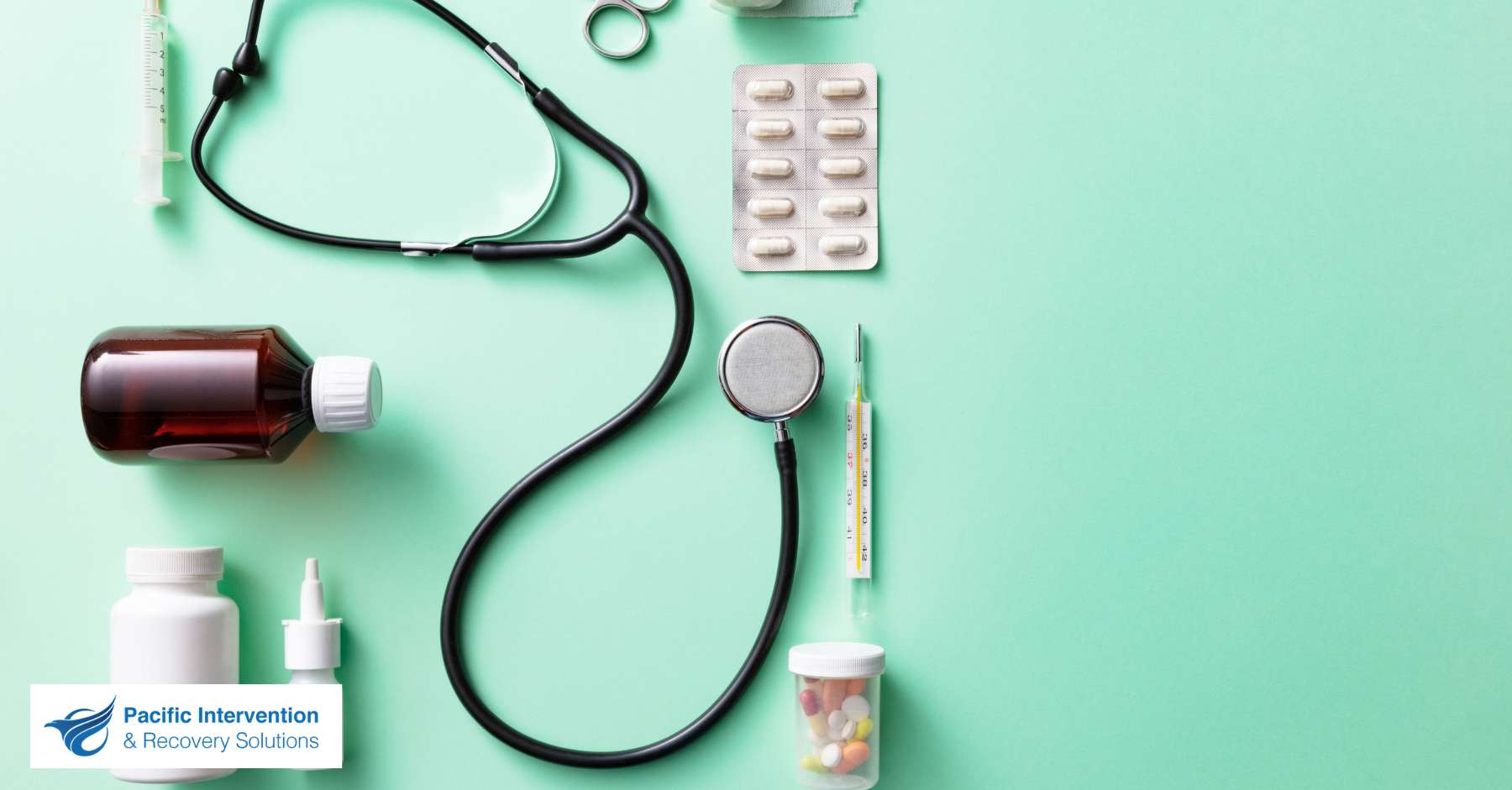
The Duration of Detox
The duration of alcohol and drug detox usually differs, from a quick detox of only a few days to a longer time frame of a couple of weeks. Factors affecting the detox timeline include the type of substance, the severity and frequency of the substance abuse, and the person’s medical history.

The Role of Medical Supervision
Medical supervision during detox includes the control of healthcare professionals who are trained to manage the difficulties of withdrawal. This supervision is essential for several reasons:
- Safety: Certain substances, such as alcohol and benzodiazepines, can trigger intense withdrawal symptoms that may involve seizures, hallucinations, and even death. Healthcare professionals can monitor vital signs, manage symptoms, and provide immediate intervention if complications arise.
- Medication Management: Medications can play a key role in easing withdrawal symptoms and decreasing cravings. For example, medications such as methadone or buprenorphine can be utilized in opioid detoxification to alleviate withdrawal symptoms and inhibit relapse. Medical supervision ensures these medications are prescribed safely and effectively, tailored to the patient’s needs.
- Personalized Care: Each patient’s detox experience is distinctive. Healthcare professionals can develop customized detox plans that consider the patient’s medical history, substance use patterns, and any co-occurring mental health issues. This personalized approach raises the chances of a successful detox.
- Support and Comfort: Withdrawal management can be an excruciating process. Medical supervision delivers not only medical but also psychological support. Nurses, doctors, and counsellors can provide comfort, encouragement, and strategies to manage discomfort, making the process more bearable.

What Happens After Detox?
After completing medical detox, individuals usually move on to the next stage of addiction treatment, which may include counselling or other interventions to deal with the underlying issues contributing to their substance abuse. This stage usually includes participating in individual and group therapy sessions, learning coping skills, and developing a relapse prevention plan.
Conclusion
Medical detox is a crucial step in the treatment of substance abuse and addiction. It includes the supervised withdrawal from drugs and alcohol in a safe and controlled environment, typically with the help of healthcare professionals. This process helps individuals manage the physical and psychological symptoms of withdrawal, decreasing the risk of complications and enhancing the likelihood of successful recovery.


